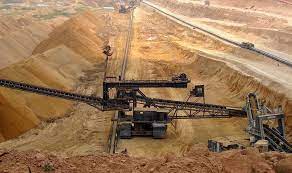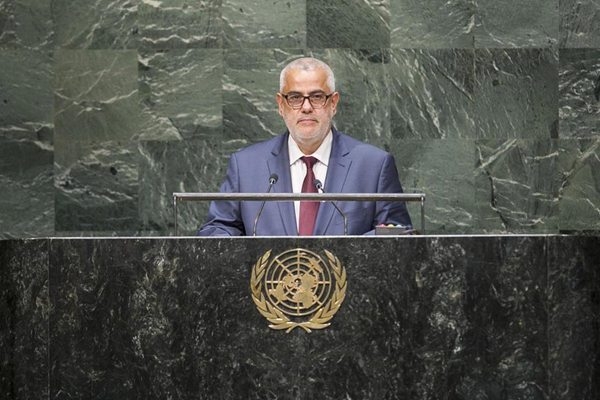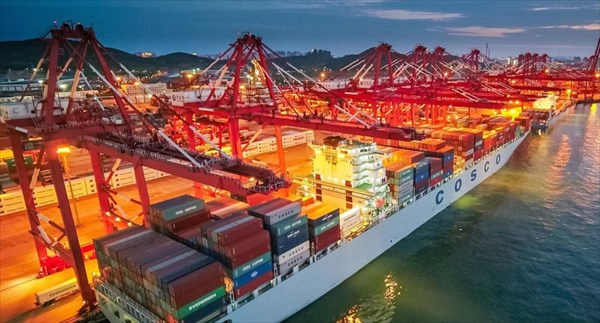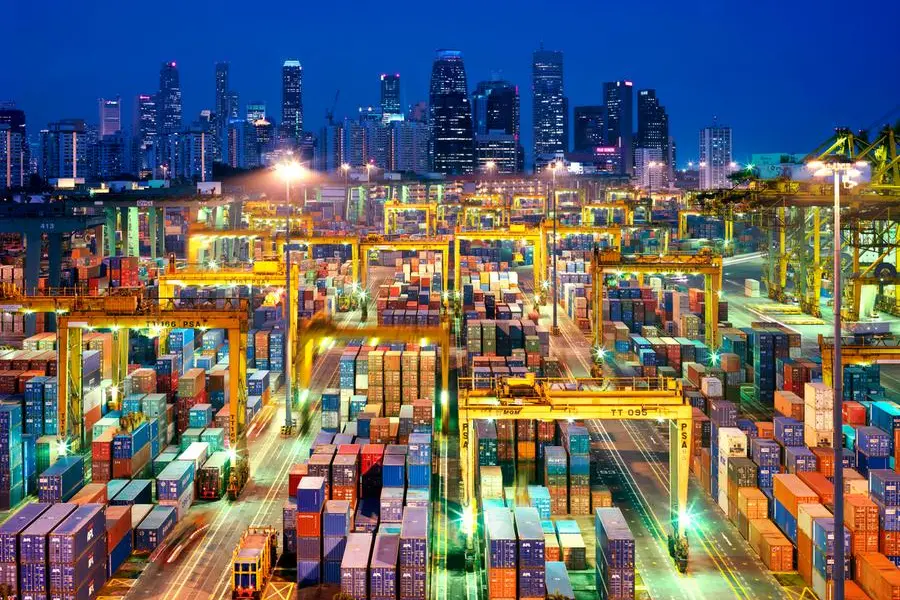While interest in Africa’s critical mineral reserves, including those vital to combating climate change, is soaring, in some places their extraction is hindered by problems with vital infrastructure, according to several recent studies.
The African mining industry, which contributes an estimated 4.5% to the continent’s GDP, has also made a significant contribution to the global economy, with metals and minerals playing a crucial role in the production of a wide range of products and services. Among these, lithium, copper, cobalt and nickel are vital to the energy transition and are opening up new mining opportunities across the continent.
Mining Review Africa has recently listed several obstacles facing the mining industry in the continent, including commodity price volatility, geopolitical risks, political instability, regulatory and policy uncertainty, environmental and social concerns, technological adaptation and workforce skills, and most importantly, infrastructure deficits.
The analysis points to persistent infrastructure deficits in Africa’s mining industry that has brought about challenges, causing delays, extended costs, and logistical headaches in areas with insufficient transportation, electricity, and water infrastructure. Insufficient housing, healthcare, and academic facilities impacted staff’s well-being and strained relationships with local groups.
Moreover, the lack of telecommunications infrastructure and regulatory delays hindered the adoption of advanced technologies. Another obstacle stems from deteriorating roads and rail infrastructure in South African ports, as illustrated by the problems at South African rail network Transnet that have hit the country’s bulk miners hard – and delays to new rail projects are hampering efforts to develop new mines in Central Africa. Therefore, African Development Bank (ADB) urges African governments to prioritize infrastructure development as a key driver for progress across the continent and a critical enabler for productivity and sustainable economic growth.



